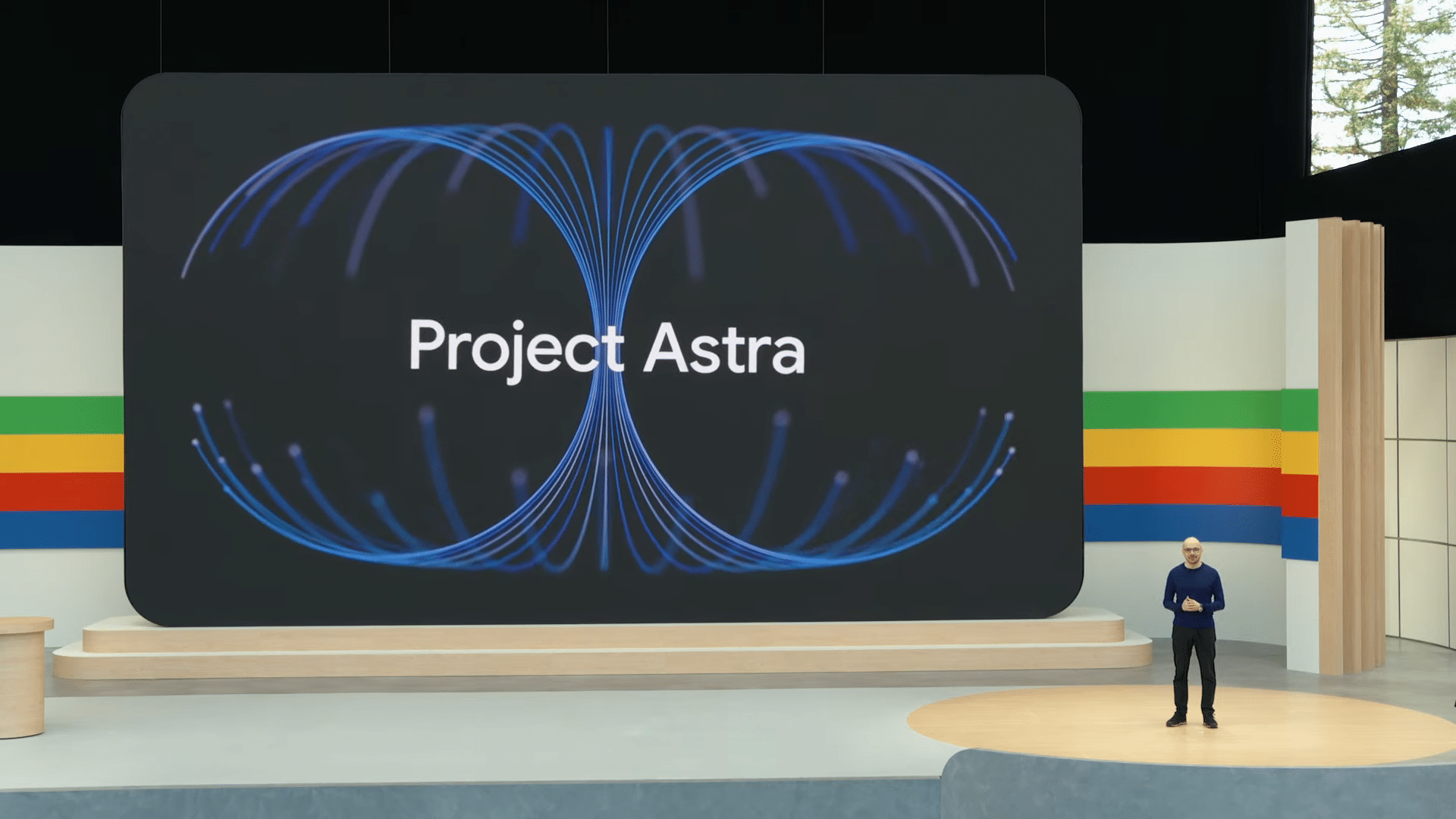Google has confirmed that its highly anticipated AI project, Project Astra, won’t be ready for public launch until 2025 at the earliest. This news, revealed by CEO Sundar Pichai during the company’s Q3 2024 earnings call, marks a delay in the ambitious project that aims to revolutionize how we interact with AI.
Project Astra, first showcased at Google I/O 2024, is designed to create AI-powered agents capable of understanding and interacting with the real world in real-time across multiple modalities. Imagine an AI assistant that can not only answer your questions but also understand what you see through your smartphone camera, providing contextually relevant information and actions.
So, what caused the delay?
While Google hasn’t explicitly stated the reasons for pushing back the launch, several factors likely contribute to this decision:
- Ensuring a polished user experience: Building AI agents that can seamlessly integrate with our daily lives is a complex undertaking. Google likely wants to ensure that Project Astra delivers a truly polished and reliable experience before releasing it to the public.
- Addressing safety and ethical concerns: Advanced AI technologies raise valid concerns about safety, bias, and potential misuse. Google is likely taking its time to thoroughly address these concerns before widespread deployment.
- Keeping pace with rapid advancements: The field of AI is evolving at an incredible pace. Google may be refining Project Astra to incorporate the latest breakthroughs and ensure it remains at the forefront of AI innovation.
What is Project Astra?
- Real-world interaction: Project Astra aims to create AI agents that can “see and reason about the world around you,” as Pichai puts it. This involves integrating AI with smartphone cameras and other sensors to provide contextually relevant information and actions.
- Multimodal understanding: Astra is designed to understand and respond to various inputs, including voice commands, images, and sensor data, enabling more natural and intuitive interactions.
- Personalized experiences: Google envisions Astra powering personalized AI experiences across different devices, from smartphones to smart glasses.
My Take:
Having followed AI development closely, I believe Google’s cautious approach with Project Astra is commendable. While the delay may disappoint some, prioritizing safety, ethics, and user experience is crucial for the responsible development and deployment of advanced AI. I’m particularly interested in seeing how Astra’s multimodal capabilities will shape our interactions with AI in the future.
What’s Next?
Although a full-fledged launch is slated for 2025, Pichai hinted that we might see some limited functionalities related to Project Astra next year. These early experiences will likely be separate from the core offerings of Astra and serve as a testing ground for Google to gather user feedback and refine its technology.
The delay of Project Astra underscores the challenges and complexities of building truly advanced AI agents. However, it also highlights Google’s commitment to responsible AI development. As we await the arrival of Astra, the race in the AI landscape continues to heat up, with competitors like OpenAI and Anthropic also pushing the boundaries of what’s possible.






























